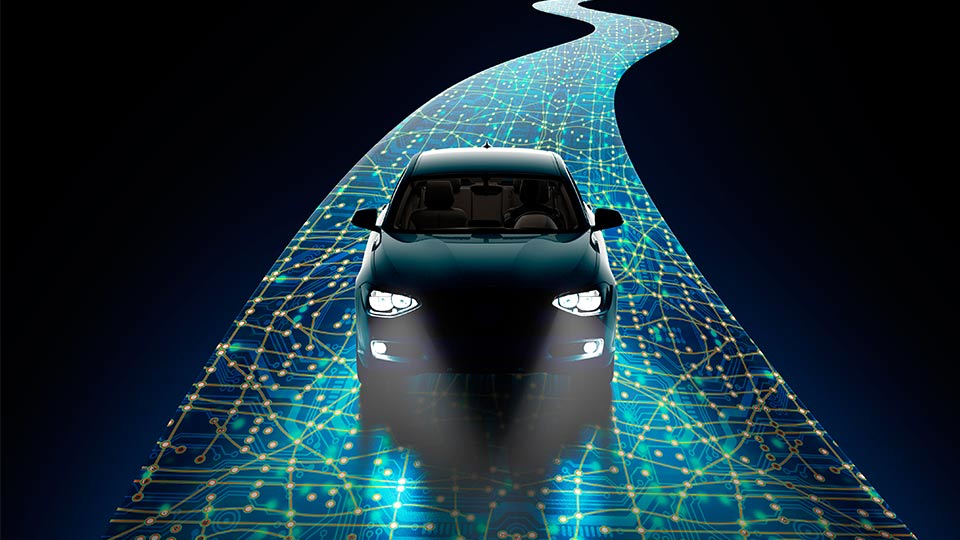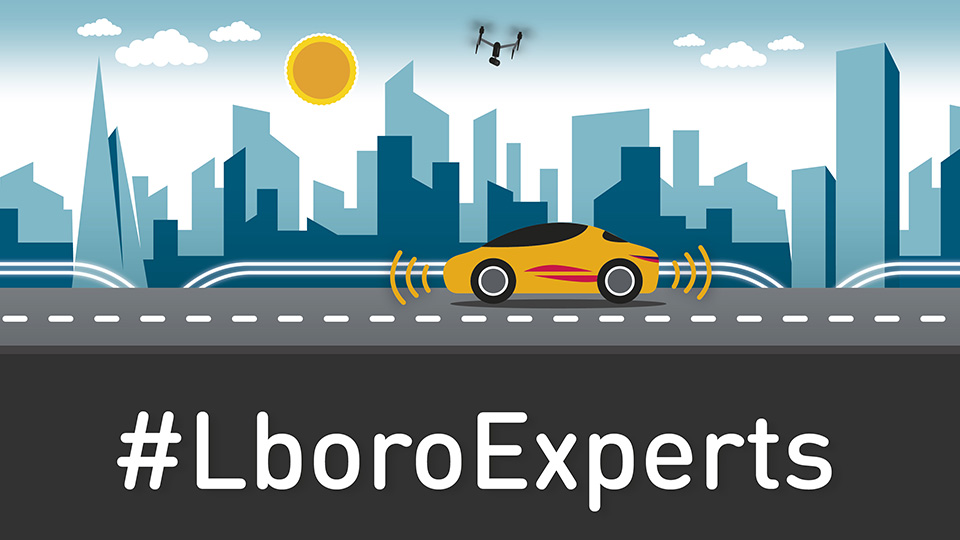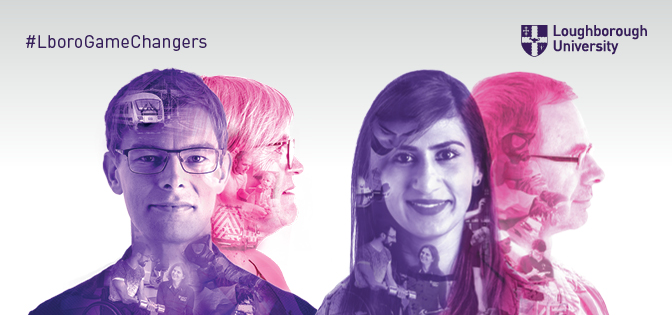Machine intelligence researcher Dr Varuna De-Silva, of the Institute for Digital Technologies, has been awarded funding by the Engineering and Physical Sciences Research Council (EPSRC) to conduct the research, which looks to leave a “legacy in AI development”.
Currently, most AI systems are taught how to identify the best course of action using a technique called ‘reinforcement learning’ – a type of dynamic programming that trains AI by giving ‘rewards’ when it responds as desired.
However, this type of optimisation and modelling is difficult to use in situations like driving where multiple active objects – referred to as ‘agents’ – are involved.
This is because the best course of action is not as obvious in these ‘multi-agent environments’, so it is harder for AI systems to learn what to do, and this often results in inaccuracies in the ultimate decision-making processes.
Dr De-Silva’s research will focus on ‘imitation learning’, a technique that trains an AI system to choose a desired course of action by teaching it how human experts have acted well in similar situations.
This type of learning is common in humans as we too learn new skills by imitating those who have already mastered them.
Dr De-Silva’s project will focus on using imitation learning to teach AI systems in autonomous vehicles how to think and respond to their environment.
Driving on a busy road requires drivers to make split-second decisions based on an anticipation of what those around them will do next.
So if vehicles are to be completely driverless, AI systems need to be able to make fast decisions and anticipate how human-driven vehicles, cyclists, pedestrians and other road users may tackle difficult scenarios, such as complicated junctions.

The project looks to teach autonomous vehicles how to think and respond to their environment.
Dr De-Silva is gathering data on how good drivers have handled difficult scenarios on the road using drones and an electric autonomous quad bike equipped with sensors.
He will use this information to create computer algorithms that teach AI how to respond in a suitable and safe manner to other road users and make informed decisions on the go, based on how good human drivers have responded to similar circumstances in the past.
The overall research project is expected to result in a system that can think like a human but can act much faster than any person is able to.
Though autonomous vehicles are one of the focuses of the project, Dr De-Silva says the research will benefit a variety of industries that require AI to thrive in multi-agent environments.
He explained: “If artificial intelligence is to live up to its science fictional promises to assist humanity or even supersede human intelligence, it needs to, at the very least, be equipped with cognitive skills [‘thinking’ processes] similar to those possessed by humans.
“Multi-agent systems can be found in many real-world applications other than intelligent mobility.
“It’s a very useful formulation but there are several challenges that need to be overcome to successfully utilize multi-agent systems for real-world applications.
“The algorithms I am to develop will overcome these limitations and I believe the project will leave a legacy in AI development, benefiting the UK commercial community through significant contribution in multiple high growth areas, such as driverless vehicles, video gaming, and assistive robots.”
Professor Ahmet Kondoz, Director of the Institute for Digital Technology at Loughborough University London, added: “We are very excited about the recent developments in AI applied to many applications.
“Our world-class expertise in multimodal signal processing coupled with advanced data analytics and modelling knowledge puts us on the forefront of this field and I am looking forward to seeing ground-breaking innovations and their applications to real-world applications in the very near future.”
More information on the project can be found here. To find out more about Loughborough University London, click here.


